Particularly in the form of residential solar panels, the worldwide transition to renewable energy sources has generated considerable interest. The question of whether homeowners may make financial savings with solar panels comes in light of the rising energy costs they are now facing. Multiple studies support the resounding affirmative response.
Over the past decade, the cost of solar energy has decreased by over 40%, according to the Solar Energy Industries Association (SEIA), making it an increasingly affordable option for homeowners. This is further supported by the Environmental Protection Agency’s (EPA) assertion that householders who transition to solar energy can anticipate annual electricity bill savings of $500 on average.
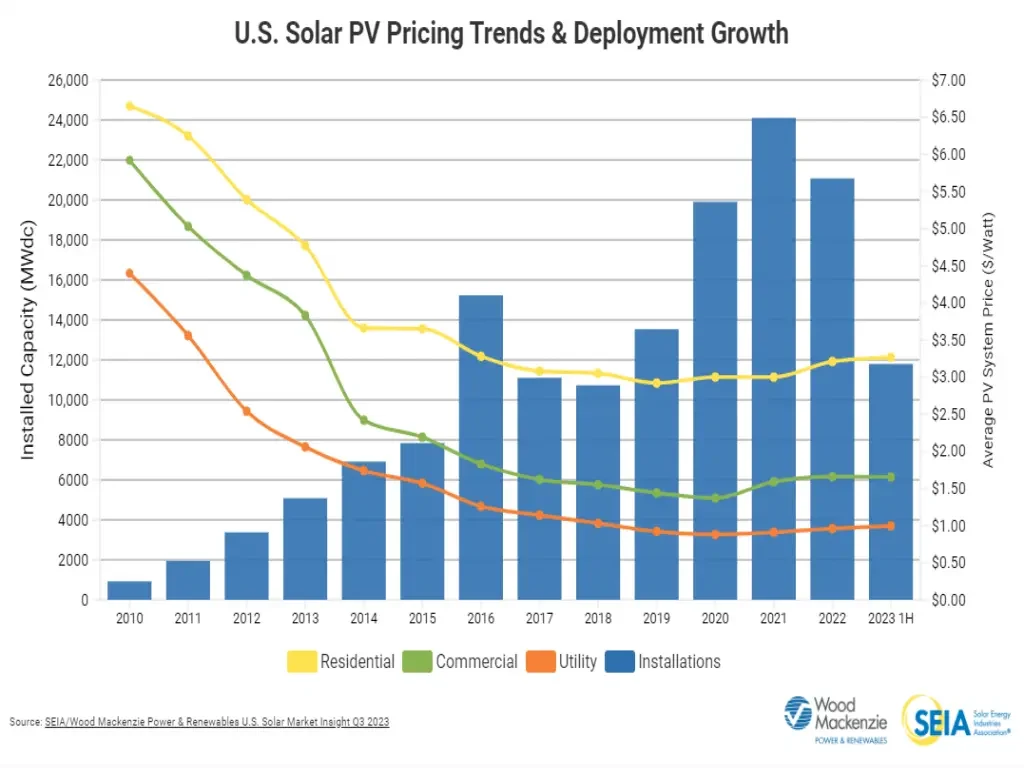
Source: SEIA
Furthermore, in the United States, residences with solar panels sell for 4.1% more than comparable homes without solar panels for home, according to the CNET. This underscores not only the possibility of substantial cost reductions but also the possibility of a favorable return on investment.
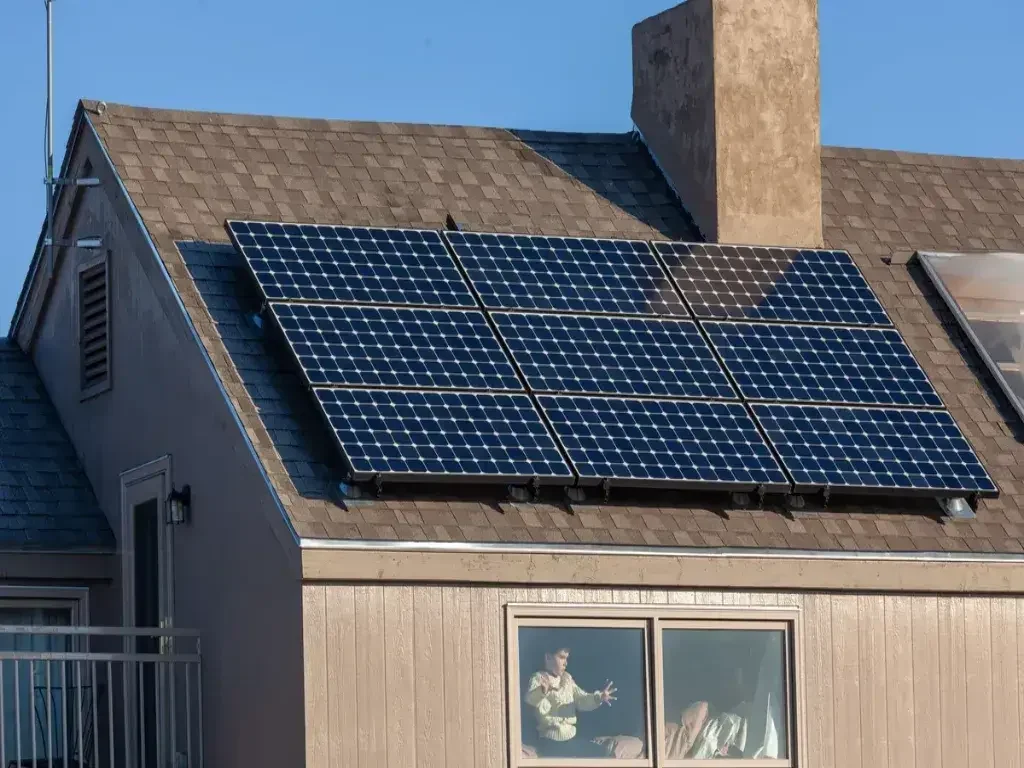
Source: CNET
However, these financial advantages represent only the very top of the iceberg. Solar panels for homes reduce greenhouse gas emissions and reliance on fossil fuels, thereby contributing to a more sustainable environment.
This article offers a thorough analysis of the financial and ecological benefits associated with solar panels for homes, furnishing extensive knowledge to assist readers in making well-informed choices.
How Solar Power Saves Your Money
Utility expenses constitute a substantial portion of monthly household expenditures. Yearly electricity costs for the typical American figure around $1,644. Even heating, ventilation, and water costs are not accounted for. When unexpected problems arise, such as an abrupt increase in utilization or a surge in rates, utility bills can frequently be a source of distress for many households.

But what if a solution existed that had the potential to not only reduce but also eradicate these expenses entirely? Although the initial cost of solar panel installation may appear to be significant, upon closer inspection, the substantial long-term savings they generate can more than compensate for that expense. Consider the factors under which we can say that solar energy is a great savings option:
- Solar energy is generated by converting the sun’s energy into electrical energy for residential use. Reduced dependence on conventional, expensive energy sources results from this.
- Expert solar installers are responsible for the solar installation procedure. By strategically positioning the panels to receive optimal sunlight exposure, they effectively optimize the generation of energy.
- The price of solar panels may differ based on factors such as the square footage and geographical placement of an individual’s residence. Installing solar panels for homes, on average, costs approximately $16,000.
- The home solar panel cost can be further diminished through the implementation of government incentives and tax credits.
It is evident that solar energy could be a prudent investment when these factors are considered. It serves to enhance the equity of your residence while concurrently promoting sustainability and diminishing your monthly utility expenses. Solar panel installation is an investment, not a mere expense. An expenditure-returning investment that provides long-term cost savings.
Installing solar panels on residential homes can save an average of $1,432 per year on electricity. These savings can add up to more than $40,000 over the 30-year life of the panels.
What Is the Average Price of Solar Panels?
As more homeowners recognize the potential financial benefits of utilizing solar energy, solar panels for homes are becoming more prevalent in the United States. However, beyond this, an inquiry into the mean expense of solar panels and their potential to reduce electricity expenses remains.
PV systems are installed on residential properties in the United States for approximately $2,5 to $5 per watt. Prior to accounting for tax credits and rebates, this results in an average cost to install solar panel systems ranging from $14,000 to $28,000.
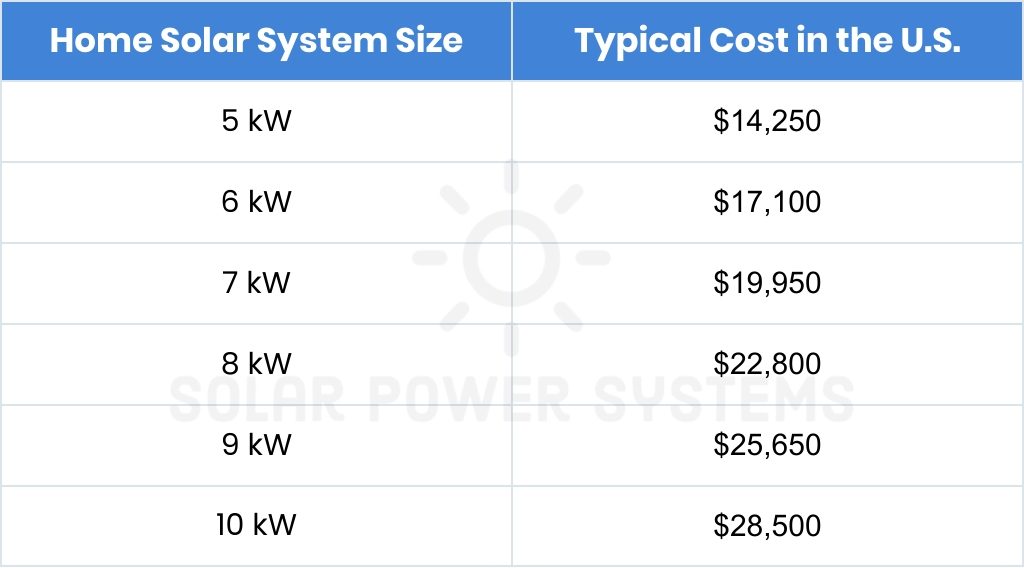
Reasons for the Exorbitant Cost of Solar Panels
Solar panels for homes are constructed from metals such as silver, aluminum, and silicon. These metals are renowned for their durability and high quality. Although the panels may be costly to produce, these materials guarantee their durability for decades.
Solar panels are technologically advanced apparatuses that require labor. Installation and production necessitate specialized labor, which increases the price.
Numerous supplementary expenses are incurred during solar installation, apart from the price of the panels themselves:
- Permitting and inspection fees: these may be incurred prior to and subsequent to the installation of solar panels, contingent upon the jurisdiction in which you reside.
- Inverter cost: solar panels generate direct current (DC) power, whereas your residence utilizes alternating current (AC) power. Inverters, which can range in price from $1,000 to $3,000, are required to convert DC power to AC power.
- Maintenance expenditures: although solar panels for home necessitate minimal upkeep, routine cleaning or minor repairs may be required.
Depending on your location and electricity consumption, the average monthly electric bill associated with solar panels can vary substantially. Nonetheless, subsequent to the installation of solar panels for homes, the monthly energy expenditure of a considerable number of homeowners is reduced. What’s more, over time, some homeowners may receive bills that are surprisingly small.
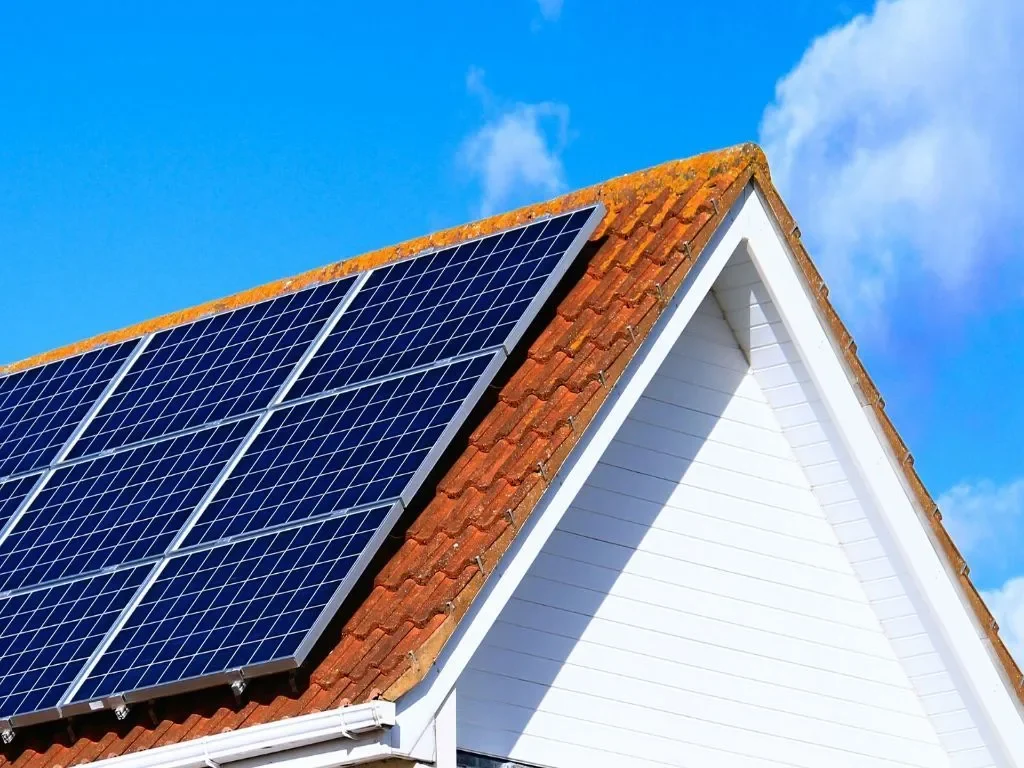
Source: Solar Optimum
Factors Affecting Savings With Solar Energy
As environmental concerns and energy costs continue to rise, an increasing number of homeowners are contemplating the installation of solar panels on their rooftops. Numerous variables, however, can impact the magnitude of one’s savings. Here, we examine the primary determinants that influence solar energy savings.
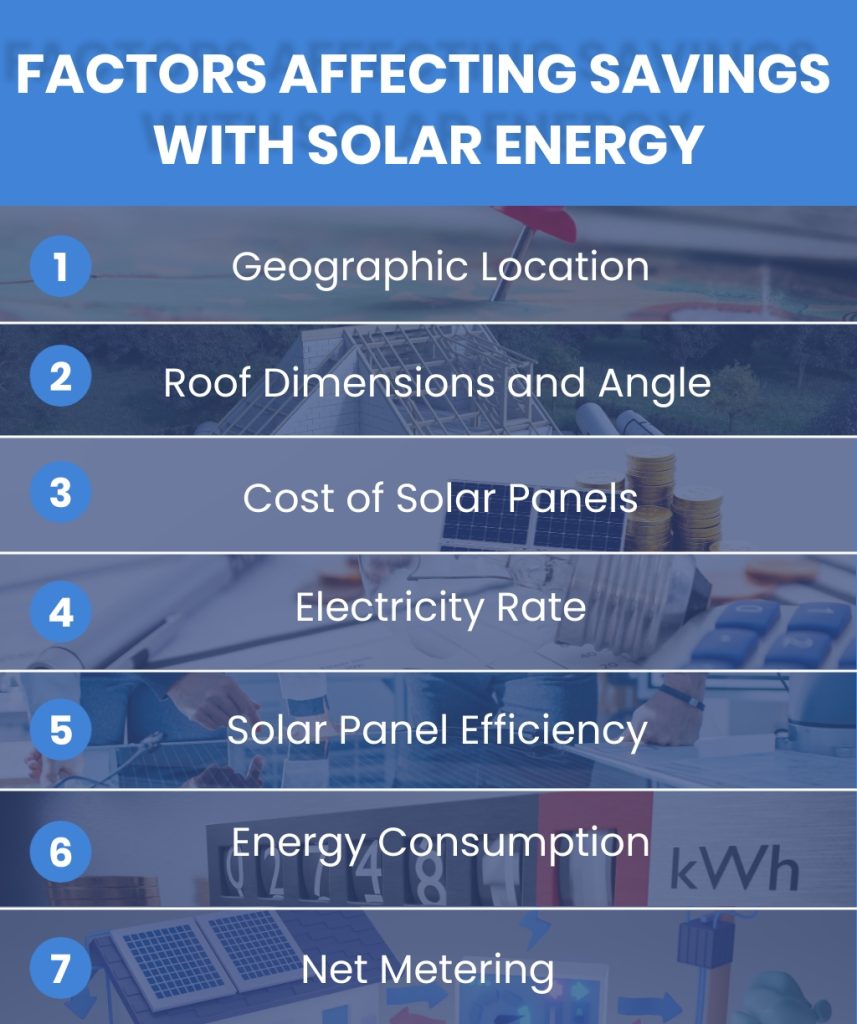
Geographic Location
Geographic location is a determining factor in the amount of sunlight that permeates through solar panels for homes. Increased sunlight results in increased energy generation. A residence in tropical California, for instance, can save approximately $30,000 over twenty years by installing solar panels; the cost reductions are substantial in such regions.
Roof Dimensions and Angle
Solar panels can be installed on larger roofs, resulting in increased savings with solar. In a similar fashion, the orientation of your roof can influence the quantity of sunlight that reaches your solar panels for your home. In general, a south-facing roof generates the most energy.
Energy Consumption
Energy consumption is directly proportional to the amount of savings achievable through solar technology. Annually, the average American household consumes 10,400 kWh. You can generate a substantial portion of this energy on your own using solar panels for home, thereby reducing your electric bill by a considerable amount both before and after the installation of solar panels.
Cost of Solar Panels
In the realm of residential solar panels for homes, the initial investment is an essential determinant. Although government incentives and tax credits can offset the $15,000 to $25,000 average cost of solar panel systems, this can still result in additional cost savings.
Electricity Rate
Enhanced electricity rates lead to a corresponding rise in savings. If you reside in a region with excessive electricity rates, you will increase your savings by mitigating the associated expenses.
Solar Panel Efficiency
Solar panel efficiency varies among different types of panels. Increased solar panel efficacy results in increased electricity generation from a given quantity of sunlight, thereby facilitating greater cost reductions.
Net Metering
Selling excess energy back to the electricity grid is one option available under this policy. As a result, the degree to which solar panels contribute to the reduction of energy bills has been sufficiently examined.
The installation of solar panels for homes can result in significant cost reductions. Nevertheless, the precise amount will be contingent upon a multitude of circumstances, encompassing geographical placement, roof area, electrical usage, panel cost and efficacy, regional electricity tariffs, and net metering regulations.
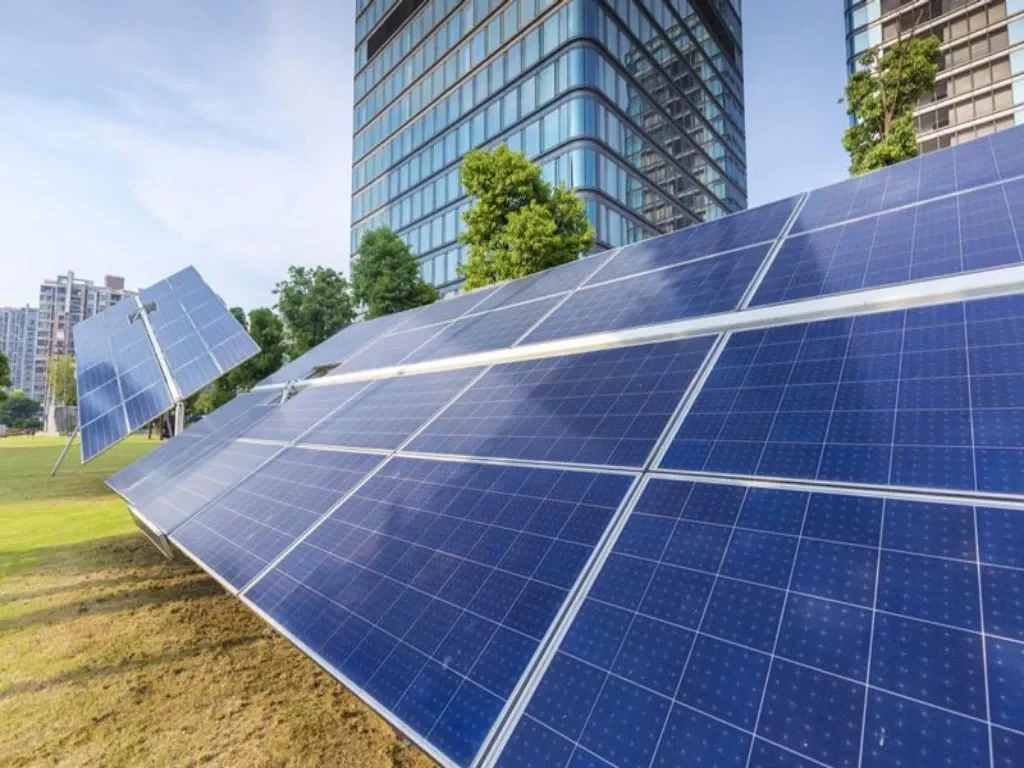
Source: inverter.com
How Does Solar Energy Save Money
Solar panel installation can initially substantially reduce electricity costs. The conversion of solar energy into usable energy by the panels reduces your dependence on the electrical grid. This reduces the amount of money expended on conventional electricity sources. Your electricity consumption and the scale of your solar power system will determine how much you save. Let’s look at the many ways solar energy saves homeowners money:
- In recent years, there has been a substantial reduction in the price of residential solar panel systems, rendering them more affordable for the typical householder. Although the initial expenditure may appear substantial, the long-term cost savings can more than compensate for the initial outlay. These savings become even more significant when the escalating expenses of conventional energy sources are taken into account.
- Numerous governments provide rebates and incentives for solar panel installation. These can significantly reduce the total cost of residential solar panels for homes, thereby increasing the desirability of solar energy. Furthermore, surplus energy generated by your panels can frequently be resold to the utility, thereby generating an extra supplementary stream of revenue.
In the grand scheme of things, solar energy conservation is not solely about saving money. Investing in a sustainable future for our planet is at stake. Considering the environmental benefits as well, it is evident that solar energy represents a prudent and conscientious investment.
Tax Breaks and Rebates From the Government
The initial investment may be outweighed by long-term financial benefits. The substantial cost reduction that solar panels for a home can achieve is facilitated, in large part, by government-offered tax incentives and rebates:

- Federal solar tax credit: residence owners are eligible to deduct 30% of the expenditure associated with the installation of a solar energy system from their federal taxes, which constitutes a substantial incentive. Without a maximum value restriction, this tax credit is applicable to both residential and commercial systems.
- State and local rebates: the cost of solar panels for homes can be further diminished through the provision of rebates and incentives by numerous state and local governments, utilities, and governmental bodies. These have a significant impact on cost reduction, varying from several hundred to several thousand dollars.
- SRECs: For every one thousand kilowatt-hours (kWh) produced by a solar system, households are eligible to earn one SREC in specific jurisdictions. The solvability of these items can generate an additional revenue stream.
The majority of householders will recognize a financial gain from solar panels for homes within seven to eight years. Subsequent to this duration, the accumulation of savings propels solar panels towards financial viability for a considerable number of individuals.
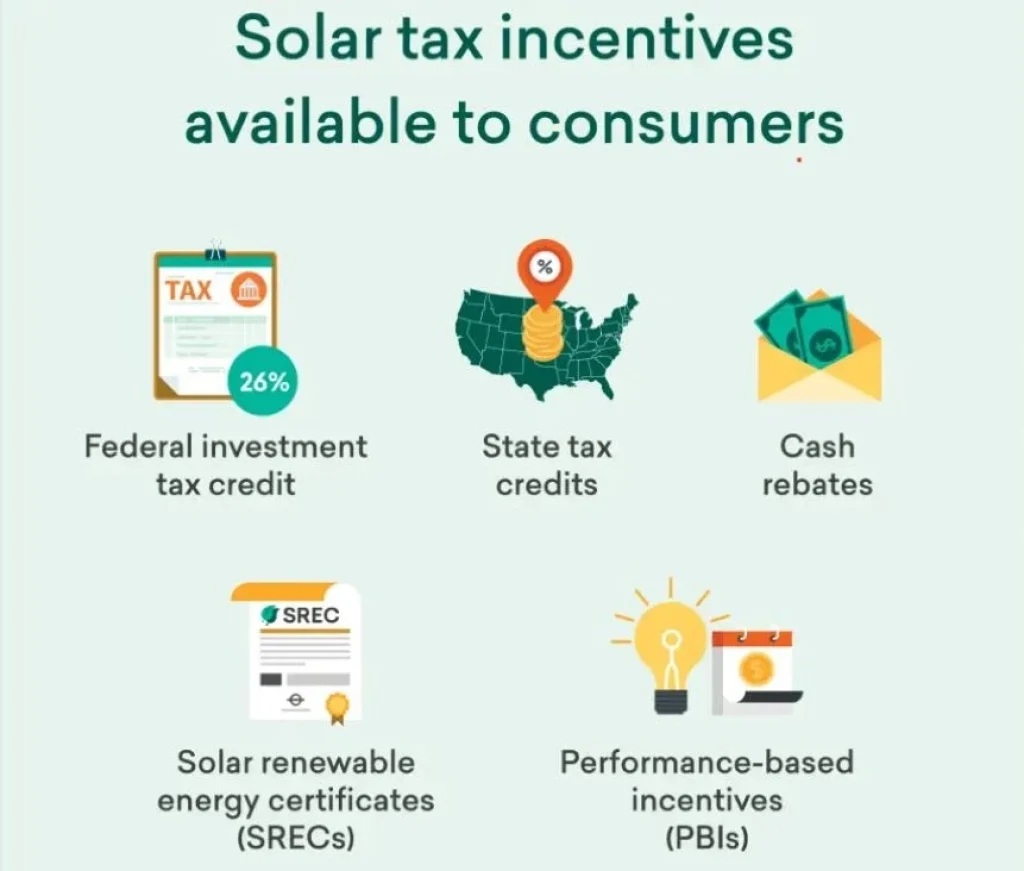
Source: credible
Advantages of Utilizing Solar Power
Because of the many advantages that solar energy offers, its use has grown in popularity over time. The key benefits of using solar energy are briefly discussed below, with an emphasis on how they affect home users.
- Reduced energy costs: installing solar panels may help you save money on your energy costs. Solar panels save a typical family up to 90% on their power expenditures. This significant savings might cover the initial costs of putting solar panels on a property.
- Eco-beneficial: solar power is an ecologically beneficial and renewable energy source. As a result, it’s a wonderful solution for ecologically aware homes since it helps to reduce carbon footprint.
- Energy independence: by using solar panels to generate electricity, you may become self-sufficient. This might be very beneficial in locations where power outages are often.
- Increased property value: properties with solar energy systems sell faster and for more money than non-solar homes.
- Low upkeep costs: solar panels have a 25-30-year lifespan and need little maintenance. This increases the relevance of solar savings over time.
For home electrical requirements, solar energy is a stable, cost-effective, and environmentally responsible option. Solar panels are a great investment since they save money and result in lower energy bills. Long-term savings from solar will more than compensate for the initial, rather expensive investment. Your power bill will clearly reflect this, both before and after you add solar panels.
Wrapping Up
Investing in residential solar panels is a prudent choice from both a financial and environmental standpoint. The declining expenses associated with solar panels, in conjunction with the prospect of substantial energy bill savings, contribute to the growing accessibility of this renewable energy option for residential properties. The affordability of solar energy is additionally bolstered by government incentives and tax credits; potential investment returns comprise augmented property values and the opportunity to sell surplus energy back to the utility.
In addition to its financial advantages, solar energy’s substantial reduction in dependence on fossil fuels contributes to a more sustainable and environmentally conscious future. Hence, the substantial environmental benefits and long-term financial savings from solar panel installation surpass the initial expenses, thereby validating solar energy as a judicious, economical, and sustainable option for meeting residential power requirements.

